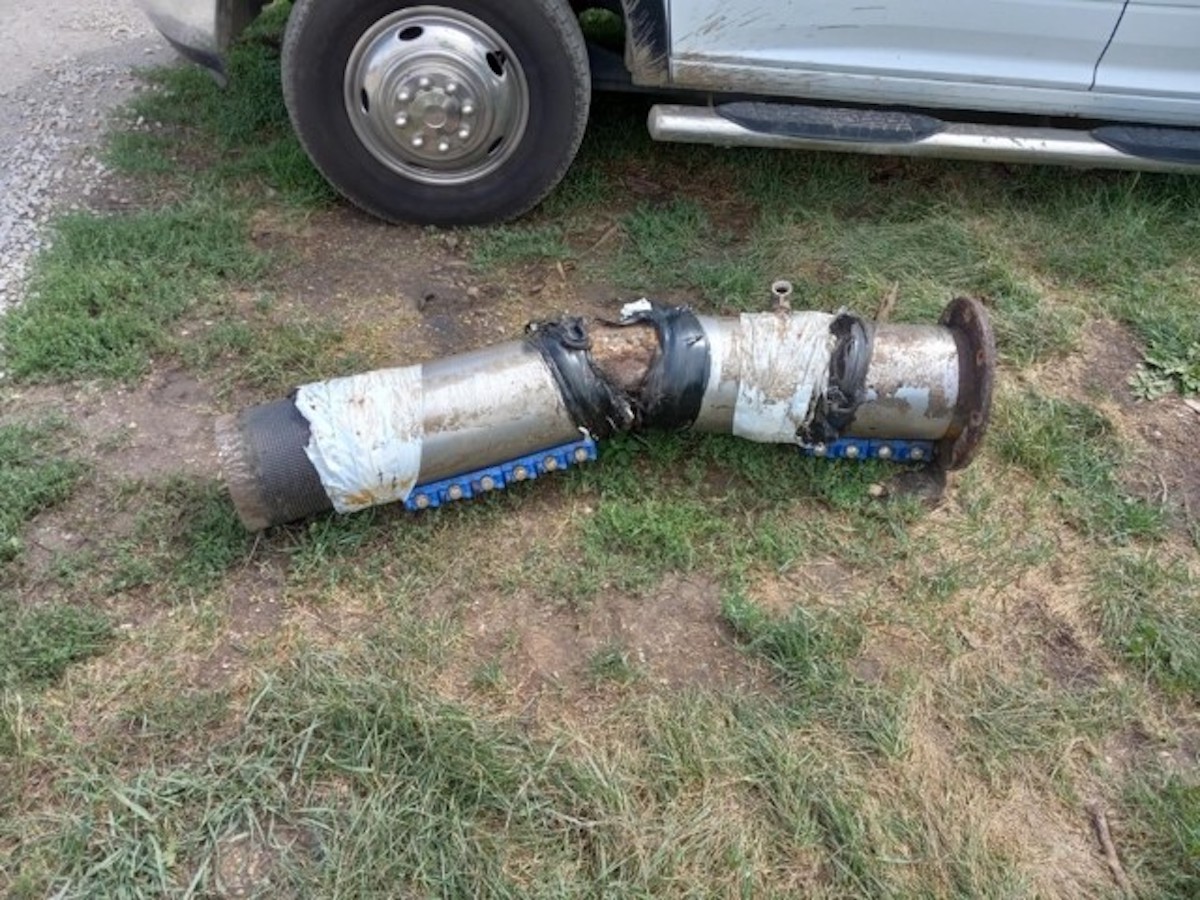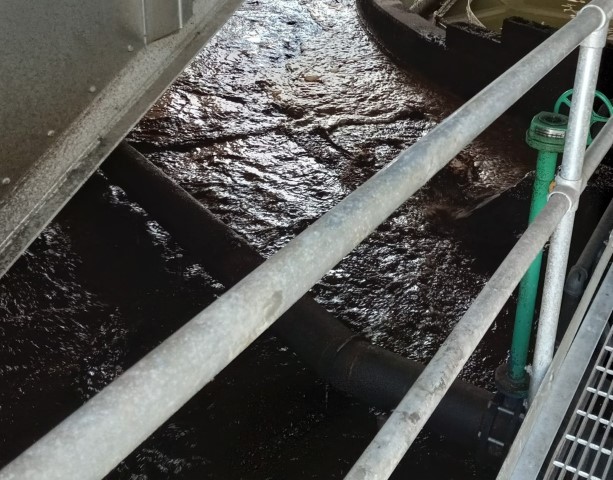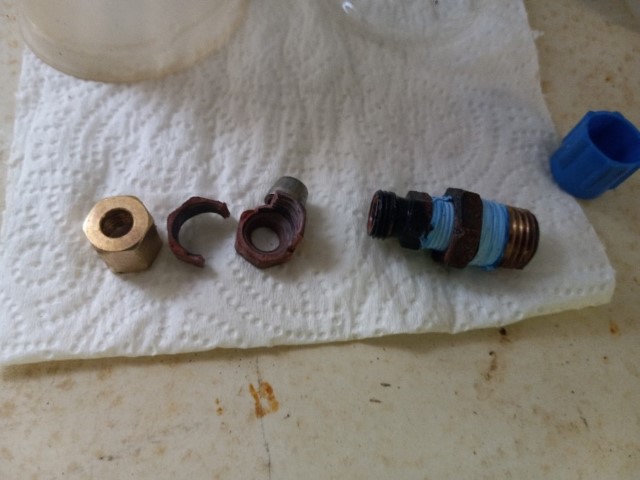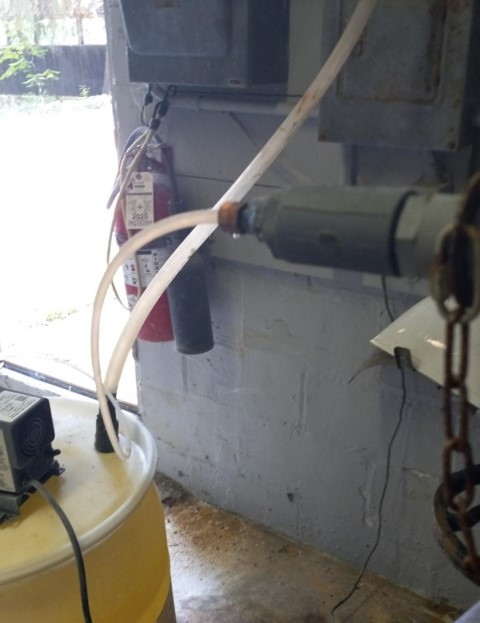Preventative maintenance: What’s the big deal?
Preventative maintenance helps maintain or extend the life of a product by proactively performing inspections and maintenance in a timely manner.
This concept might seem simple. For example, if you purchase a new car, it initially has little maintenance. If you keep up with scheduled oil changes and have recommended parts inspected periodically, it will not only keep your vehicle in great working condition but will also keep from voiding the manufacturer's warranty and maintain value.
This example is important because it follows the concept of taking specific measures to minimize the life cycle cost by preventing unplanned downtime and preserving operation efficiency. To translate, imagine having to fill up twice as much on gas because the air filter or tire pressure wasn't regularly checked. Similarly, having to rent or purchase another vehicle because the oil wasn't changed, causing unrepairable damage to the engine. Not only is it inconvenient, it's expensive. Especially under time constraints.
The same can be said with any equipment or process upgrade for a public entity. Whether it is a water or wastewater utility, equipment is often custom built and is not readily accessible at a local hardware store. It initially takes a large investment and is rated for a given service life before it will need to be replaced. This is particularly difficult for smaller communities without having to raise user fees and/or apply for funding through grants and loans, blowing a fiscal budget or dipping into reserve funds.
The easiest way to keep up with preventative maintenance is by following manufacturers' specific periods for the equipment or process. It's also important to keep a log or calendar/runtime-based spreadsheet that indicates when any work is completed and when to check for certain parts or equipment items.
Using your senses is another way to be proactive during inspections or while using the equipment by:
- Looking for evidence of any leaking fluids or a warning symbol.
- Listening for unusual noises or sounds.
- Checking for excessive heat in specific areas.
- Testing for any unusual or dominant odors.
By being prompt and proactive, repairs for a worn part could be replaced before it becomes damaged or causes an entire system failure. For these reasons, do not delay repairing equipment. Having redundancy in areas of high importance (when it is cost-effective), and having an emergency or future replacement fund.
Other things to consider are if your workplace, business or home is in a harsh environment. If that is the case, you should increase inspection frequency and needed upkeep. If periodic inspections are not performed according to schedule, intervals between the next major overhaul should be shortened.
Fehr Graham regularly performs inspections and keeps records for large and small businesses and municipalities to ensure safety and compliance. If you're curious about how to become more proactive, contact us at 815.235-7643.
Collaborative, Insightful, Results-Driven Solutions
Fehr Graham provides innovative engineering and environmental solutions to help improve the lives and communities of our customers.






